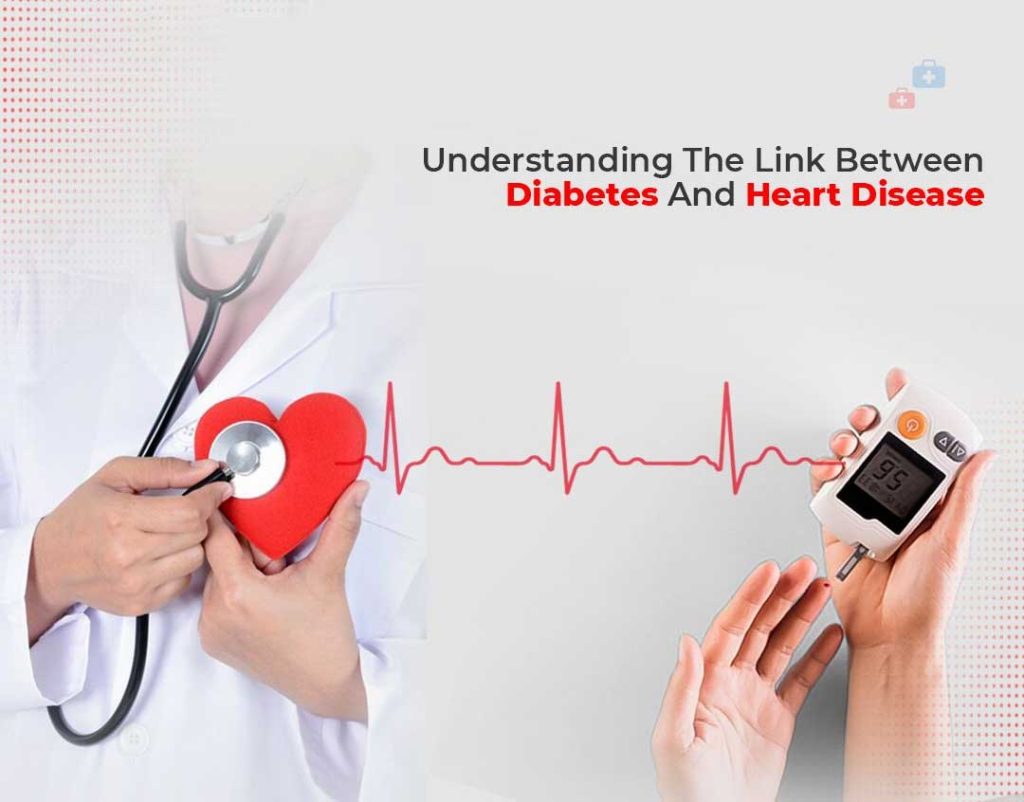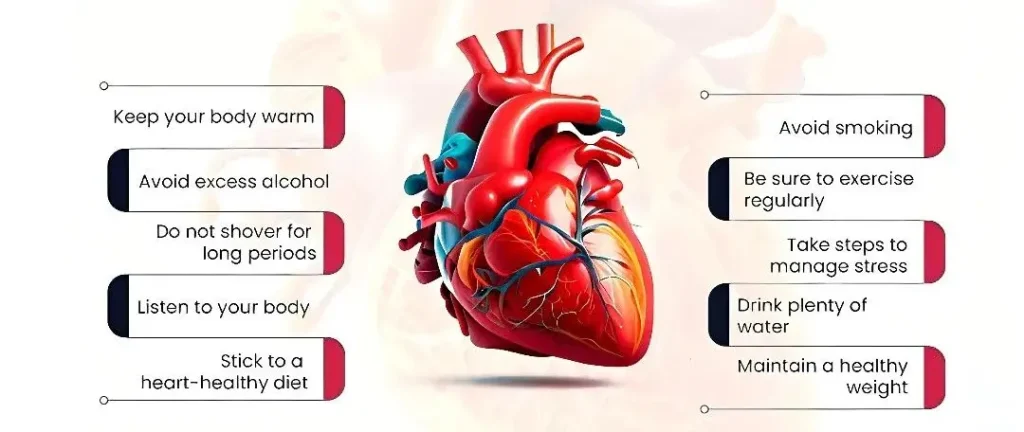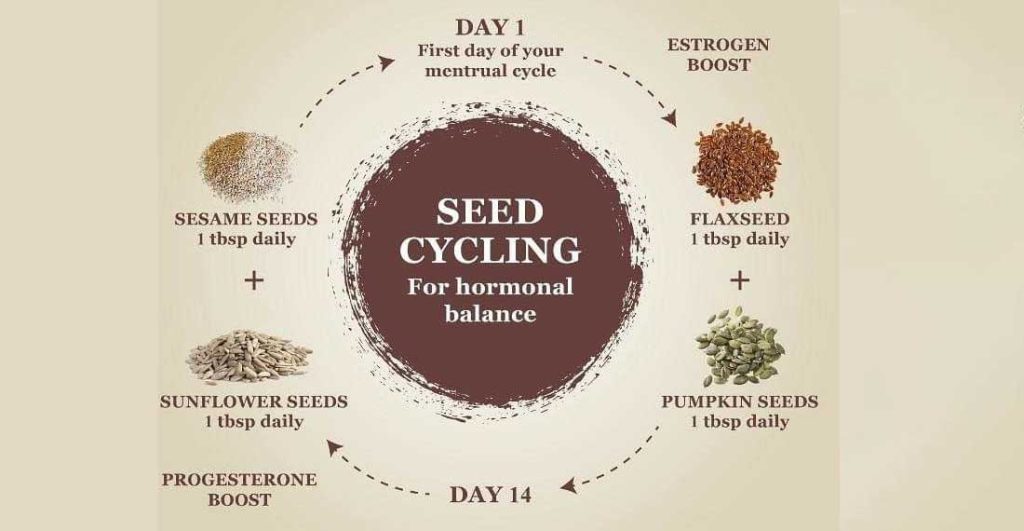
Understanding the Link between Diabetes and Heart Disease
Many people are unaware of the strong connection between diabetes and heart disease. Having diabetes significantly increases the risk of developing heart disease—by up to 2 to 4 times compared to those without diabetes. Recognizing this link is essential for early detection, prevention, and improved long-term care.
How Diabetes Affects the Heart
When blood sugar levels are poorly managed, they can damage blood vessels and nerves that control the heart. Over time, this leads to the hardening and narrowing of arteries, a condition known as atherosclerosis. This can result in serious complications such as heart attacks, strokes, and other cardiovascular diseases. To reduce these risks, it’s crucial to consult a trusted heart specialist in Jalandhar.
Common Risk Factors Shared by Diabetes and Heart Disease
Both conditions are often driven by similar lifestyle and health factors, including:
- Obesity
- Physical inactivity
- Poor dietary habits
- High blood pressure
- Smoking
- Chronic inflammation
These shared risk factors explain why diabetes and heart disease frequently occur together, highlighting the need for proactive care and lifestyle changes.
Types of Diabetes and Their Impact on Heart Health
Diabetes is a major contributor to heart disease, and each type carries its own risks:
- Type 1 Diabetes: An autoimmune condition that, if unmanaged, significantly increases the risk of cardiovascular complications.
- Type 2 Diabetes: Primarily lifestyle-related and strongly linked to heart disease due to insulin resistance and metabolic issues.
- Gestational Diabetes: Develops during pregnancy and raises the mother’s future risk of heart disease and Type 2 diabetes.
Insulin Resistance and Metabolic Syndrome
Type 2 diabetes often stems from insulin resistance, a core feature of metabolic syndrome—a group of conditions that includes:
- Elevated blood sugar
- Abnormal cholesterol levels
- Increased waist circumference
This combination significantly heightens heart disease risk.
The Dangerous Duo: High Blood Sugar & Cholesterol
Diabetes damages the inner lining of blood vessels. Combined with high LDL cholesterol and triglycerides, this leads to plaque buildup (atherosclerosis), increasing the risk of:
- Heart attacks
- Strokes
- Blood clots
Impact on Blood Vessels and Arteries
Uncontrolled diabetes causes diabetic angiopathy, leading to:
- Narrowed arteries
- Reduced blood flow
- High blood pressure
- Greater risk of peripheral artery disease
These changes place added stress on the heart.
Gender & Age Risk Factors
- Women with diabetes are more likely than men to develop heart disease.
- Older adults face higher risks due to aging vessels and long-term blood sugar elevation.
Warning Signs to Watch
Diabetes may mask typical heart symptoms. Be alert for:
- Chest discomfort
- Shortness of breath
- Fatigue
- Pain in the jaw, neck, or back
- Leg or foot swelling
Key Diagnostic Tools
Early detection of heart disease in diabetics includes:
- ECG (Electrocardiogram)
- Echocardiogram
- Stress tests
- Coronary calcium scoring
Preventive Lifestyle Measures
- Healthy diet: Low in sugar, refined carbs, and saturated fats
- Exercise: 150 minutes of moderate activity weekly
- Quit smoking
- Stress management: Therapy, yoga, or meditation
Medications That Help
Consult a heart specialist in Jalandhar before changing any medication. Common prescriptions include:
ACE inhibitors/ARBs– For blood pressure and kidney protection
GLP-1 receptor agonists & SGLT2 inhibitors – For managing blood sugar and reducing heart risks
Regular Monitoring Is Crucial
Track the following regularly:
- Blood sugar (A1C)
- Blood pressure
- Cholesterol
- Kidney function
- Weight/BMI
Frequent checkups help detect and address issues early.
Complementary Therapies
Alongside medical treatment, some patients benefit from:
- Yoga & Meditation: Improve stress and blood sugar control
- Herbal supplements: Like berberine or cinnamon (only under medical advice)
- Acupuncture: May help with circulation and pain relief
The Power of Education & Support
- Practical lifestyle guidance
- Emotional support
- Motivation to stay on track
Conclusion
Diabetes and heart disease are deeply connected—but with proper care, lifestyle changes, and expert guidance, both can be managed effectively. Don’t wait for a diagnosis. Take action today for a healthier tomorrow.
Oxford Hospital offers personalized treatment with the best heart specialists in Jalandhar.*
FAQs: Diabetes & Heart Health
Q1: Can diabetes be diagnosed after a heart attack or stroke?
Yes, some patients are diagnosed after such events.
Q2: How can diabetic patients protect their heart?
Through medical care, healthy diet, regular exercise, and lifestyle changes.
Q3: Which foods help manage both conditions?
Nuts, fatty fish, leafy greens, whole grains, and fiber-rich foods.
Q4: How often should diabetics get heart checkups?
It depends on individual risk factors—consult your heart specialist for tailored advice.


